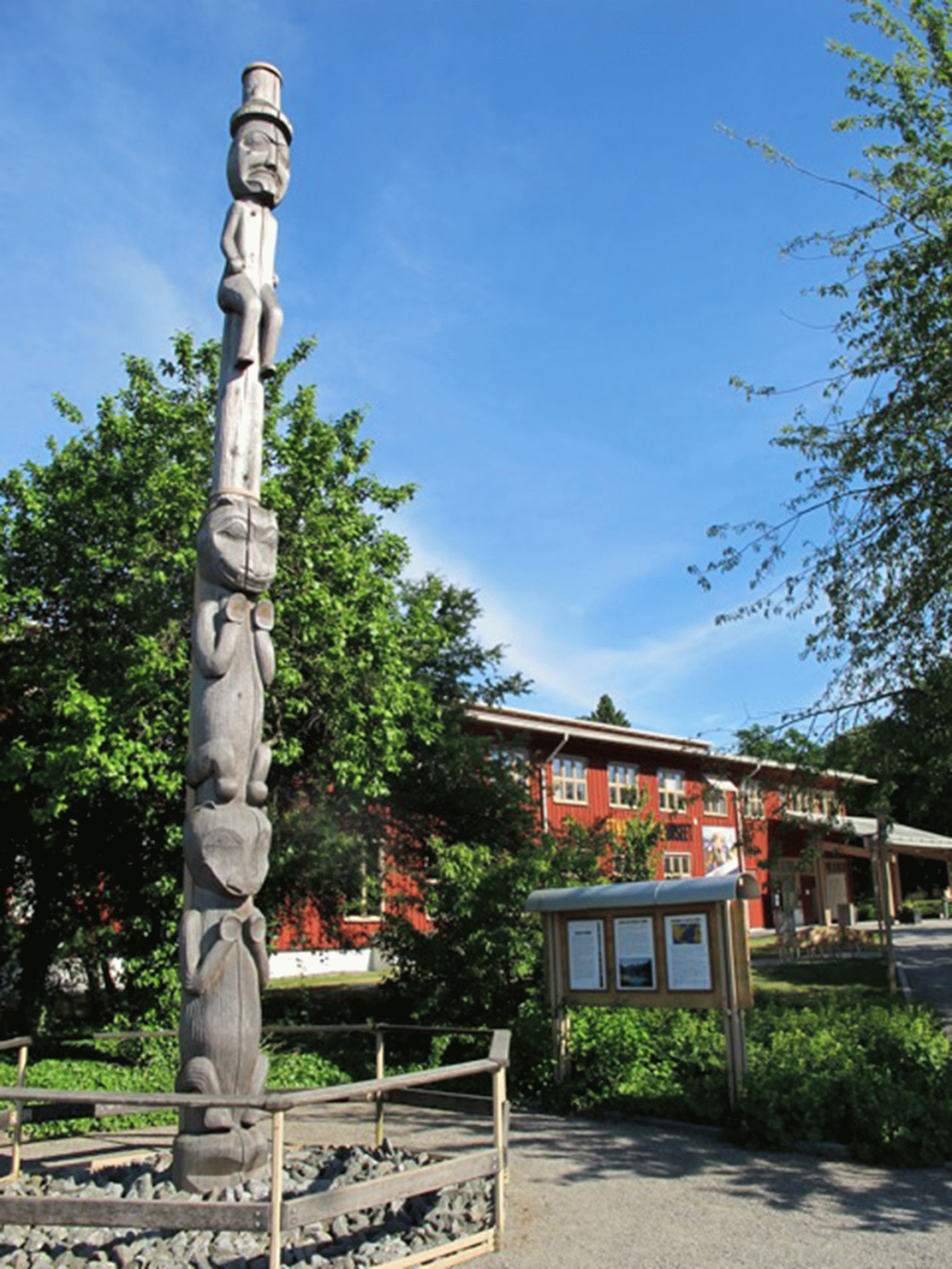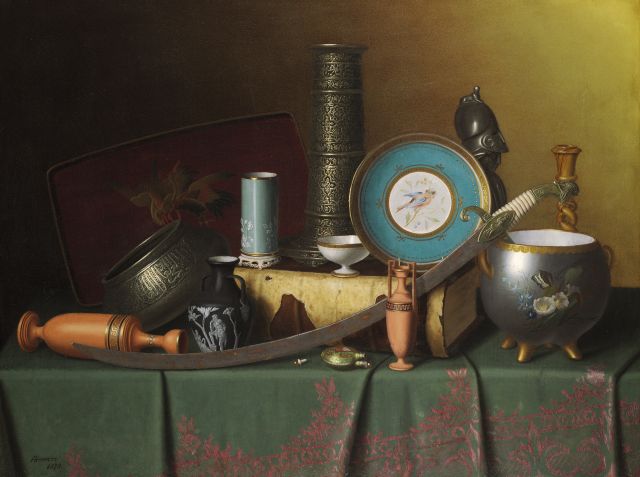Internationale Tagung
What do Contentious Objects Want? Political, Epistemic and Artistic Cultures of Return
Organized by the Max-Planck-Research Group "Objects in the Contact Zone – The cross-cultural Lives of Things"

Works of modern art, archaeological or ethnographic artefacts and human remains generally occupy separate realms in the museum world. Yet, the growing discourse surrounding claims on certain objects made to museums by former owners or communities of origin unite them in one very specific category. Their status appears unsettled as they are caught between conflicting desires and points of view. By bringing together speakers dealing with case studies related to different types of museums and collections, in Europe, Africa, Australia and Canada this conference aims to facilitate a transdisciplinary engagement with the issue of returns (a term that encompasses here both restitution and repatriation questions). Taken in parallel, case studies from different fields and periods will hopefully allow us to approach some important questions: How can we understand historic cases of returns, in relation to the contemporary culture of redress? Have the growing number of negotiations around human remains impacted on how we perceive the issue of ownership for other types of objects, i.e. can artworks also be perceived as unique bodies? What do negotiations around Nazi looted art have in common with the legal and ethical questions related to objects appropriated in colonial contexts?
One of the aims of this conference will be to ask how we might think about and historicize "contentious objects" as a category in its own right. Might it be considered alongside categories such as idols, icons, fetishes, totems, foundling objects and others discussed by J. T. Mitchell (2006)? What are the social, political and aesthetic dynamics that make objects contentious? How do property negotiations induce profound changes in the value and symbolic meaning of objects and their capacity to impact on post-conflict relationships? How does this process of remaking the museum challenge imperial and colonial constructions of knowledge?
In her foundational study, Jeannette Greenfield (1989) privileged the term "return" over repatriation or restitution, writing that it "may also refer in a wider sense to restoration, reinstatement, and even rejuvenation and reunification". The physical return of objects appears as one aspect of a large set of practices. These revolve around an effective or projected movement that places museum collections in an essentially social and relational perspective, reshaping their rather exclusive relationship with the institution and tying them back to former contexts.
Convenors
Eva-Maria Troelenberg, Kunsthistorisches Institut Florenz, director of the Max Planck research group "Objects in the Contact Zone – The Cross-Cultural Lives of Things"
Felicity Bodenstein, Postdoctoral fellow, Max Planck Institute, Kunsthistorisches Institut Florenz
Damiana Otoiu, Lecturer in Political Anthropology at the University of Bucharest, director of the project "Museums and Controversial Collections. Politics and Policies of Heritage-Making in Post-colonial and Post-socialist Contexts", New Europe College, Bucharest
21. – 22. Oktober 2016
Kunsthistorisches Institut in Florenz
Max-Planck-Institut
Palazzo Grifoni Budini Gattai
Via dei Servi 51
50122 Firenze
Hinweis
Diese Veranstaltung wird durch Fotografien und/oder Videoaufnahmen dokumentiert. Falls es nicht Ihre Zustimmung findet, dass das Kunsthistorische Institut in Florenz Aufnahmen, auf denen Sie erkennbar abgebildet sein könnten, für die Veranstaltungsdokumentation und Öffentlichkeitsarbeit (z.B. Social Media) verwendet, bitten wir um eine entsprechende Rückmeldung.



